I get it, no one wants to yell and certainly, no one wants to be yelled at.
I was yelled at when I was a child, and I would be willing to bet you were too. But let me ask you…
Are you under the impression that if you don’t yell, they won’t listen?
You’re not alone; in fact, when I ask parents this same question, most of them believe they have to yell to get their kids to listen.
The good news is, you actually don’t have to yell, you really don’t.
I know, you’re probably saying right now, “Well, you’ve obviously never been to my house,” or, “You’re one of those parenting coaches who has never actually raised children.” Well, let me assure you that I have not only raised children, but I have raised five of them who are all in their early to late 30s, and for 25 of those years and still going, I have been parenting in a blended marriage (two mine, three his), and we managed to get these wonderful kids to adulthood, all without yelling. Now our five kids are raising kids of their own and doing so cooperatively and peacefully.
The truth is that I have been working with a lot of parents and kids for about 40 years, and although I have never been to your house, I have coached many parents that believe just like you do and feel somehow their home is different.
It comes down to these few things: Communication, Respect, Trust, Consistency, and being able to understand your child. This is about your behavior—that’s right, yours, not theirs. You’re their strongest role model and they are watching your every move, so give them good things to watch and copy. The truth is, whatever you do, you give your kids permission to do. So, if you’re yelling all of the time, they will too.
Put these steps into action and everyone in your family will start smiling a lot more and you will have started on a path to family harmony. Your child will love it! Why? Because no one is yelling at them anymore and making them feel like crap.
Will it change in one day and be the perfect home overnight? Absolutely not! You did not create this stressful atmosphere in one day, it is not going to go away in one day. Will every day after you master these techniques, be perfect? Sorry to say, no. You may actually yell once in a while, your child may yell once in a while, but it won’t be every day, it won’t even be close to every day and hopefully not even every week. But let’s face it, we are all human, we all have good days and bad days, and we all get irritable and respond in a way we did not intend. It happens to the best of us, yes, even me.
Don’t think you have to be perfect to stop yelling, you just need to be more intentional about it and start to create a calm, cooperative, atmosphere where you talk to each other calmly and respectfully, you think before you react, and everyone in the family learns to do the same. You start becoming proactive instead of reactive.
Before we move into what you need to know about how to stop yelling, there is one really important fact that all parents need to remind themselves during their parenting journey. The human brain does not fully develop until said human is 25 years old. That’s right, 25, crazy, right? Just imagine the kind of underdeveloped brain your child has. If your child is a toddler, their brain is mostly full of emotions without any knowledge of how to react to those emotions or control them. Big aha moment right there, right? Think of your teen, an underdeveloped brain with the added fun of the need to belong, take risks, and hang out with their friends. Ahhh, it’s all beginning to make sense now. Your job is to teach, coach, guide, make the needed connections in their brains and stop expecting them to react to you like an adult. It’s not just difficult; it’s impossible.
Now that you know that, let’s get started.
Let’s take a minute to think about how we talk.
Do you smile when you talk? Do you use your manners? Are you kind and respectful? If you have a spouse or significant other, how do you talk to each other? How do they talk to your kids? What facial expressions do your kids see from you? Do you use curse words, call them names, and/or label them with terms like “lazy,” “stupid,” “liar,” “lil’ sh*ts” (I mention this one because I know children who were called that for most of their childhood)?
As I already mentioned, kids will do what you do. Kids will talk the way they hear and see you talking.
If you’re yelling, they’re yelling. If you’re calm, they’re calm. If you cuss, they will cuss. If you call names, they will call names. Understand? It’s a simple case of Monkey See, Monkey Do.
Now is the time to examine how you speak. Did you know that 70 percent of communication is nonverbal communication? Only 30 percent is the actual words you say. Start thinking about it and if you need to practice calmer communication, today is as good a day as ever to start.
A family meeting is a family discussion in a safe, calm, relaxed atmosphere where you can talk about different topics and offer your children the opportunity to voice their opinions and ideas to resolve issues or create new plans, without judgment or criticism. Hint: You will do your relationship a world of good if you can put your child’s ideas into action.
If you are having a particular problem that is reoccurring and causing you to yell at your child, then you need to set up a proper consequence for them if the problem occurs again. That way instead of yelling the next time, their behavior results in the consequence that was chosen.
Remember that consequences are meant to teach, not punish. Consequences should be discussed with your child beforehand and even better, work with your child to come up with their own consequence. They will adhere to it better if it was their idea.
Most parents say that they yell because they ask their child nicely over and over again to do something. By the fourth or fifth time of asking, they are forced to yell, and it is only then that their child finally listens. Can you relate?
Let’s resolve this problem right now. Here’s the thing, the issue is not that they are not listening the first time, the issue is that they know you are going to keep asking, and they have learned that they don’t have to listen the first time, they can actually wait until you yell (that’s when they know you’re serious and mean what you say). So, here’s what you need to do:
Remember those consequences you set up? Okay, tell your child that the next time the issue (whatever it is) occurs, the consequence that you discussed will be put into place. Let them know that you will ask one time and then if they don’t follow through, there will be a consequence for that decision. They may not initially believe you because it has never happened before, but if you do it right, they will learn that you mean business after just a few days. Now the rest is up to you.
When it occurs again, if your child doesn’t listen, then they get the consequence for their actions—whatever that is. You must be consistent every time the behavior occurs and put that consequence in place, so they learn to make the better choice and listen the first time. Consistency will make this a reality. One and done!
The consequences you set up, the family meetings, breaking habits—you need to be consistent with following through with all of it so that it becomes a regular part of your family’s life and your children understand that you mean what you say, and it’s not just an idle threat. When you’re not consistent, things do not get solved.
Yelling, breaking habits, communication, life…stay consistent in what you are doing, and you will get results.
Sometimes you just need to give yourself a time-out and separate from the situation. Come back calmer and more in control, think about the best way to approach the problem and return knowing how to react after considering the best solution.
Do yourself a favor, do your kids a favor, and start putting these strategies into action. If you continue on the path that you’re on and continue yelling, you are teaching your kids how to parent in the same way and how to behave in any relationship they have in the future. Your grandchildren will be yelled at, your great-grandchildren will be yelled at and so on. You can break the cycle. You can be the change for the future of your family and endless families to come. Just think of the impact that your family will have by you deciding to stop the aggressive, loud, stressful, chaotic behaviors that are in place because you just didn’t know how to change (and there is no crime in not knowing).
It’s hard to be a parent, but the key is to always learn and grow. Now you know how to stop yelling, and I hope you take advantage of that knowledge. I also know how happy everyone in your family will be as soon as you start.
~


 Share on bsky
Share on bsky
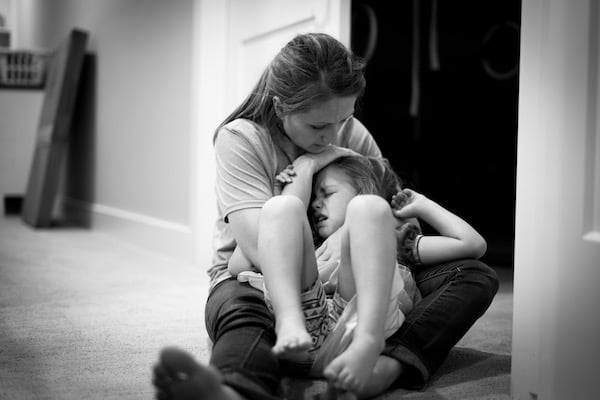
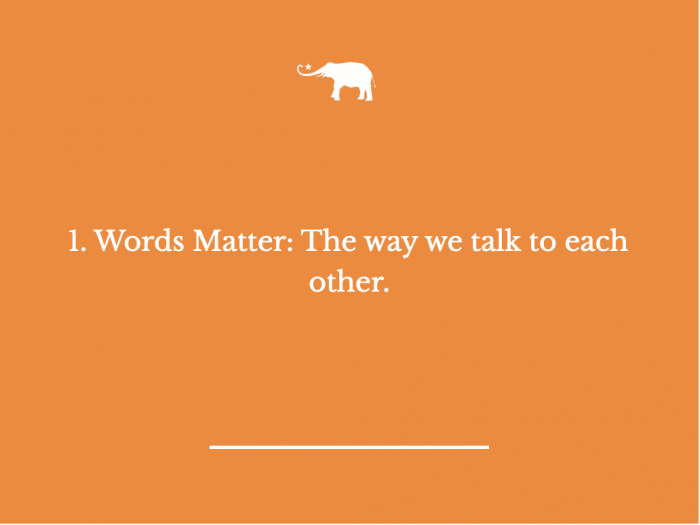
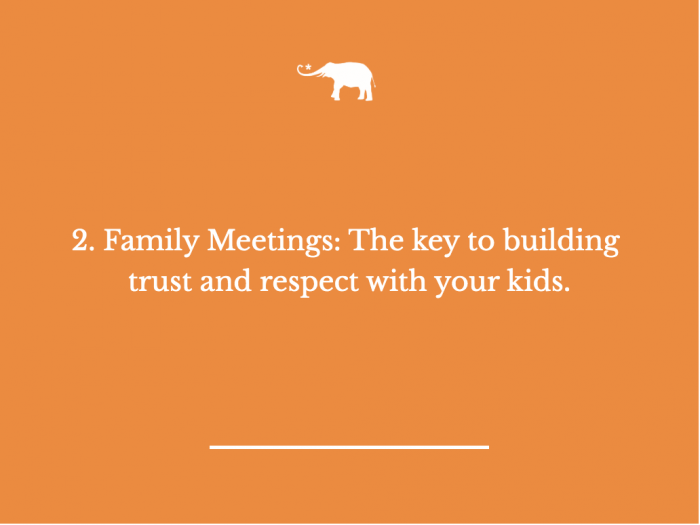
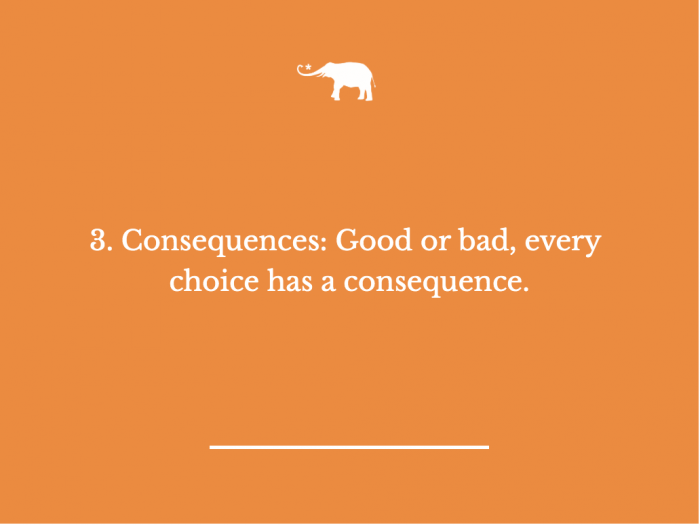

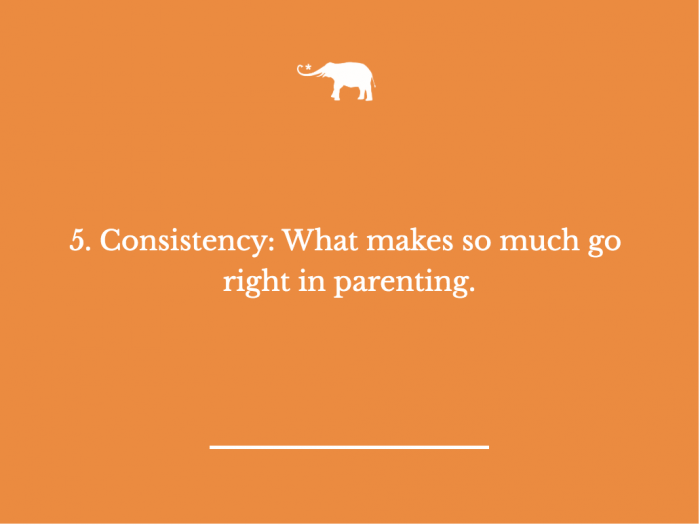





Read 63 comments and reply